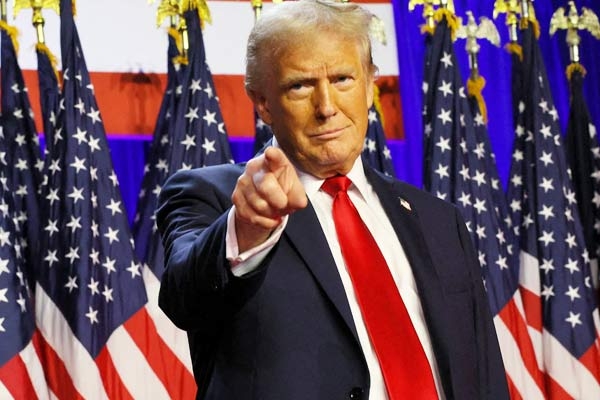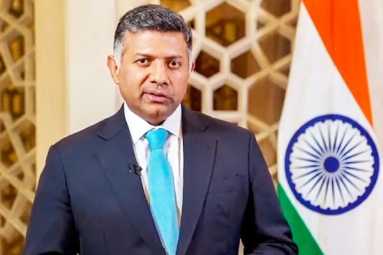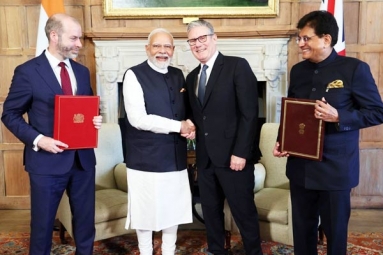
(Image source from: Usatoday.com)
China is currently subjected to tariffs totaling 245 percent on goods imported into the United States, a consequence of its retaliatory measures, as stated by the White House on Tuesday afternoon, in accordance with Indian time. The ongoing trade conflict between the two nations seems to be escalating further out of control. This announcement coincided with President Donald Trump authorizing an investigation into the "national security threats" linked to the US dependency on critical minerals and processed products imported from abroad. This category encompasses cobalt, lithium, nickel, and rare-earth metals essential for the production of smartphones, electric vehicle batteries, and military equipment. Trump's directive emphasized the significant risk posed by reliance on foreign sources that could experience serious, persistent disruptions in their supply chains. The White House noted that such dependence "creates potential risks to national security, technological advancement, and economic growth."
Until now, the mutual imposition of tariffs resulted in the US imposing a 145 percent tax on imports from China while China retaliated with a 125 percent duty on American goods. Furthermore, China has prohibited the export of certain items, such as those utilized by aerospace manufacturers and military contractors. A senior Chinese official stated on Wednesday morning that the US tariffs were exerting "pressure" on China. However, at the same time, China reported an unexpected economic growth of 5.4 percent in the first quarter, along with a 6.5 percent increase in industrial output and a 4.6 percent rise in retail sales year-on-year. Despite this, Beijing cautioned that the global economic landscape is becoming increasingly "complicated and severe," indicating that concerted efforts are necessary to stimulate growth and consumer spending.
Meanwhile, Trump has maintained that China must take the initiative for any negotiation to begin. "The ball is in China’s court. China needs to strike a deal with us. We are not required to reach an agreement with them," the President stated, one day after he accused Beijing of walking away from a significant deal with Boeing. Trump has often alleged that China, along with countries like India and Brazil, impose higher tariffs on US goods than what the US enacts on imports from those nations. This stance has been a key point in his re-election campaign, arguing that reciprocal tariffs could either compel other countries to lower their tariffs or revive a sluggish American manufacturing industry, thereby providing much-needed jobs domestically.
In pursuit of this "vision," Trump has, since the beginning of the year, levied tariffs on imports from China and applied a 10 percent "baseline" tariff on numerous US trading partners. These tariffs started at 10 percent in February and March, escalating to an astounding 34 percent in April. By April 9, the cumulative tariffs surpassed 100 percent, leading to a significant market downturn globally, including in the US. Since that time, Trump has suspended several tariff orders, though not those affecting China. In response, China mirrored these actions by halting the import of sorghum, poultry, and bonemeal, imposing trade restrictions on 27 American companies, and lodging a complaint with the World Trade Organization.
The trade conflict has led Beijing to engage with India and the European Union in an effort to gather support. Recently, China's Foreign Minister Wang Yi urged both New Delhi and Beijing to initiate a collaborative approach symbolized by the phrase "make elephant and dragon dance," and to "take the initiative in resisting hegemonism and power politics."







